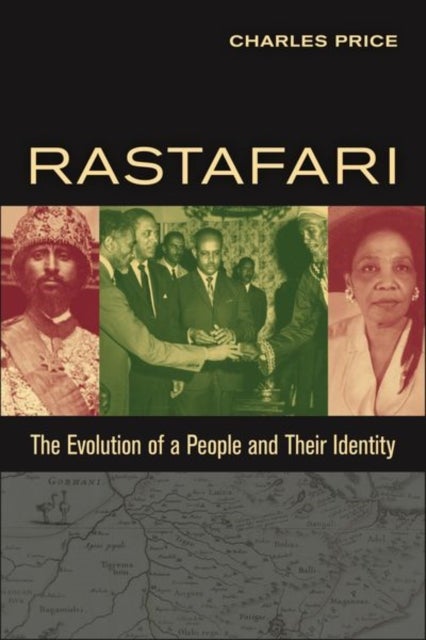
Rastafari av Charles Price
1049,-
<p><b>Illuminates how the Rastafari movement managed to evolve in the face of severe biases </b><br/>Misunderstood, misappropriated, belittled: though the Rastafari feature frequently in media and culture, they have most often been misrepresented, their political and religious significance minimized. But they have not been vanquished.<br/>Charles Price¿s <i>Rastafari: The Evolution of a People and Their Identity </i>reclaims the rich history of this relatively new world religion. Charting its humble and rebellious roots in Jamaica¿s backcountry in the late nineteenth century to the present day, Price explains how Jamaicans¿ obsession with the Rastafari wavered from campaigns of violence to appeasement and cooptation. Indeed, he argues that the Rastafari as a political, religious, and cultural movement survived the biases and violence they faced through their race consciousness and uncanny ability to ride the waves of anti-colonialism and Black Power. <br/>This social movement travel








